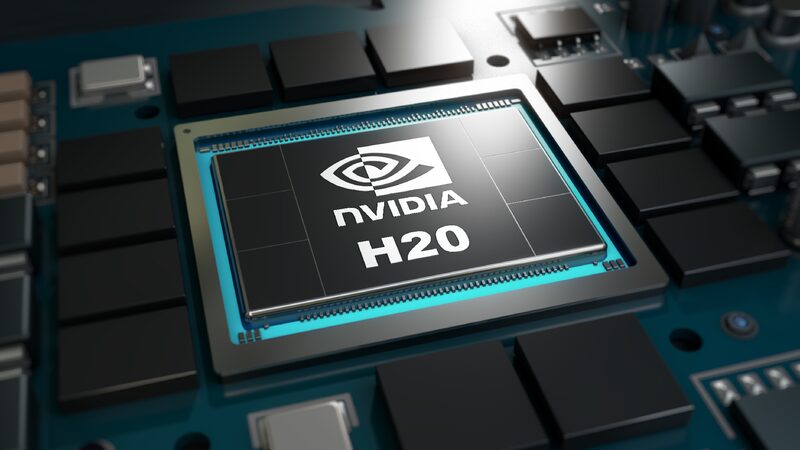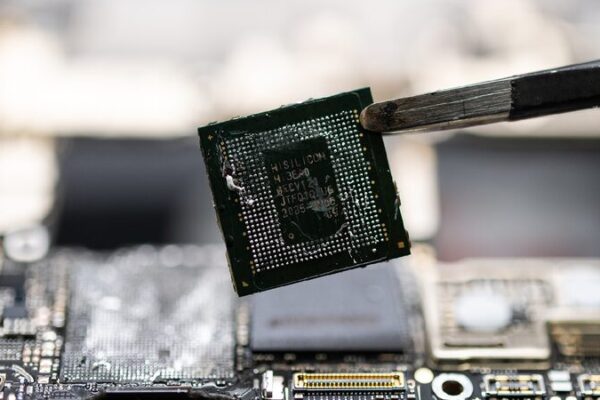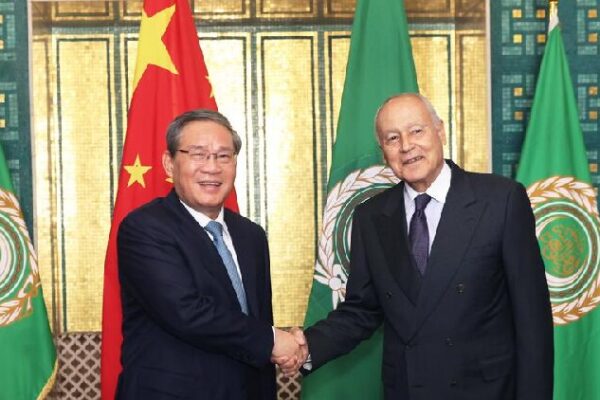The United States has approved Microsoft’s request to export cutting-edge artificial intelligence (AI) chips to a facility in the United Arab Emirates (UAE). This decision is part of Microsoft’s growing partnership with G42, a leading AI company based in the UAE.
Earlier this year, Microsoft invested a whopping $1.5 billion in G42, gaining a stake in the company and a seat on its board. In return, G42 plans to use Microsoft’s powerful cloud services to run its AI applications, bringing advanced tech solutions to the region.
However, this deal didn’t come without concerns. Some U.S. lawmakers worried that exporting such advanced technology could lead to sensitive information falling into the wrong hands. To ease these worries, the U.S. Commerce Department set strict conditions. Microsoft must ensure that people from countries under U.S. arms embargoes or blacklisted entities can’t access the AI chips.
This move is part of a bigger picture where the U.S. is keeping a close eye on advanced AI technologies because of potential national security risks. There’s a fear that AI could be used in developing dangerous weapons like chemical, biological, or even nuclear arms. That’s why U.S. officials are requiring companies that make large AI models to share details about their tech.
G42 isn’t just any company; it’s backed by significant players like the UAE’s sovereign wealth fund and U.S. investment firm Silver Lake. The company’s chairman is Sheikh Tahnoon bin Zayed Al Nahyan, the UAE’s national security advisor and brother to the country’s president. G42 has promised to follow international rules for developing and using AI responsibly.
This collaboration between Microsoft and G42 shows how countries are working together to advance technology while trying to keep it secure. It highlights the balance between innovation and safety in our interconnected world.
Reference(s):
cgtn.com








